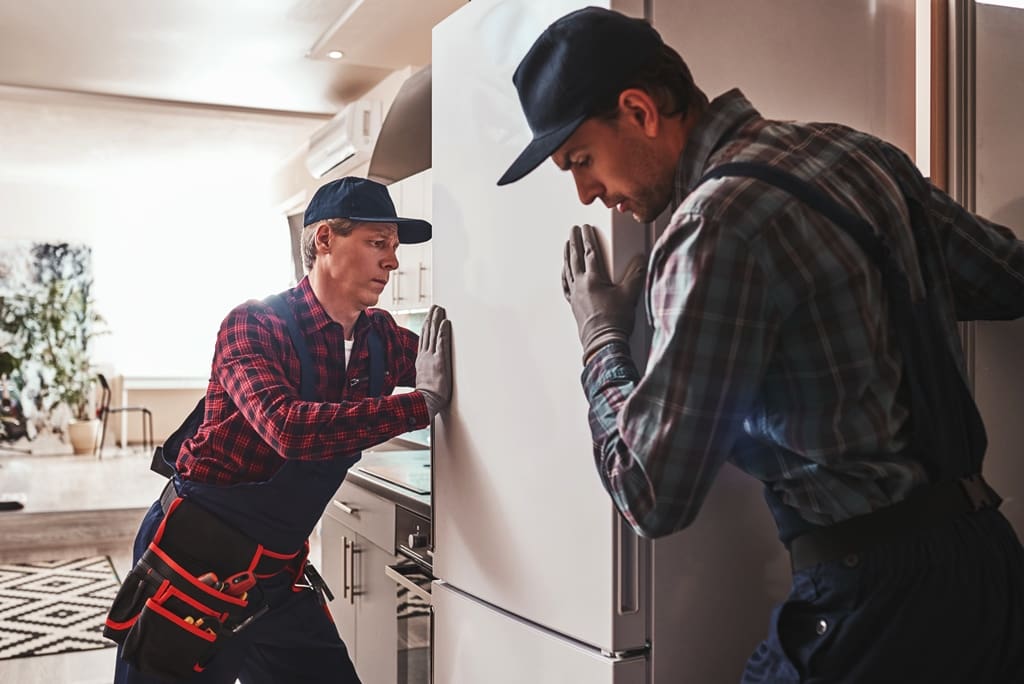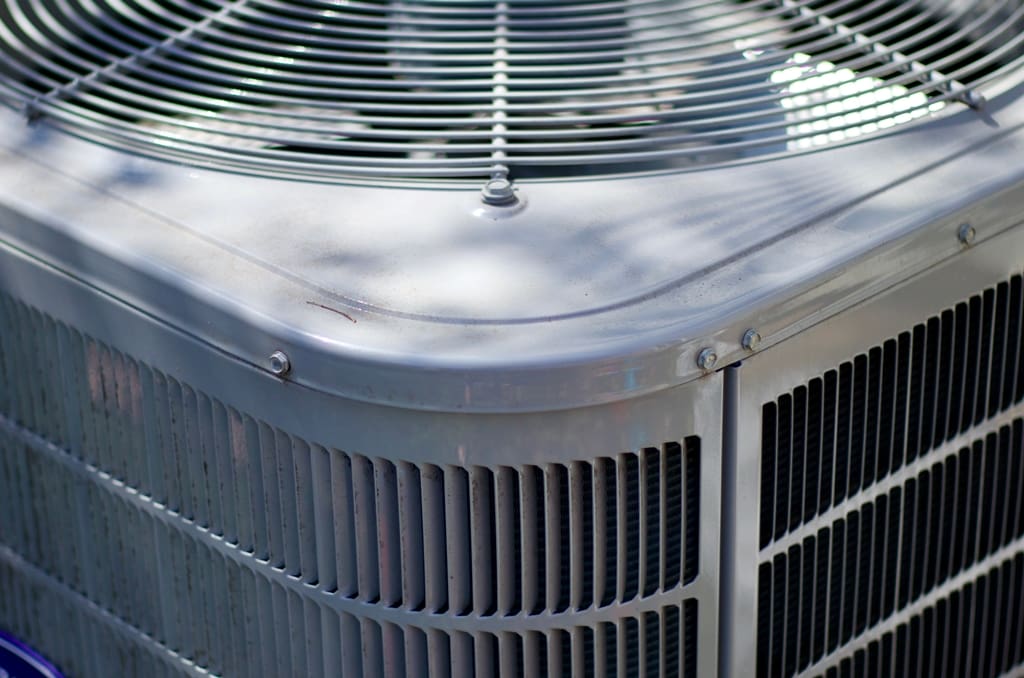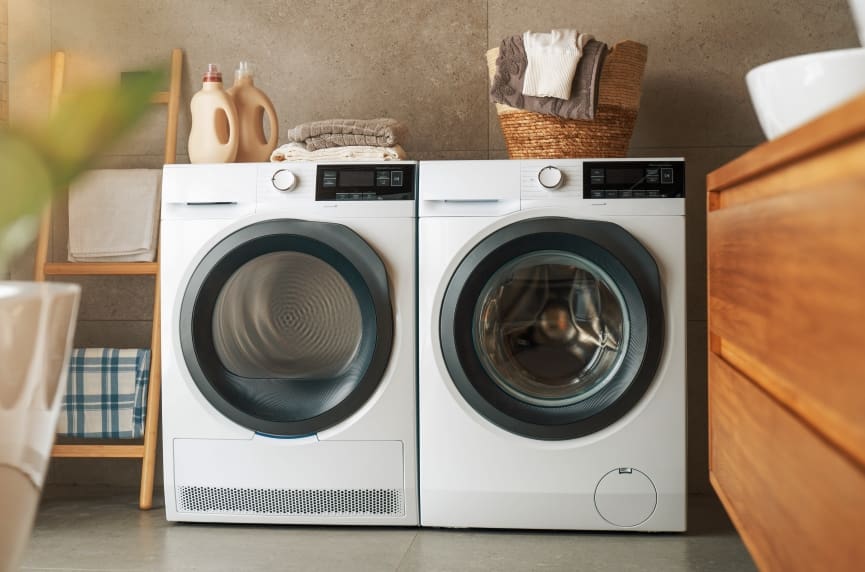Are you curious about how long your household appliances will last? Understanding the lifespan of appliances can help you plan for replacements and make informed decisions about maintenance and upgrades. Let’s delve into the expected lifespans of key household appliances:
1. Kitchen Appliances:

Kitchen appliances are integral to daily life, so knowing their expected lifespan is crucial for budgeting and planning. Here’s a breakdown of common kitchen appliances:
- Refrigerators: Refrigerators typically last 10 to 15 years, with newer models incorporating advanced technology potentially having shorter lifespans. Regularly cleaning coils and checking door seals can help extend their lifespan.
- Ovens and Stoves: Ovens and stoves have a similar lifespan of about 10 to 15 years. Gas ranges often last longer than electric ones due to fewer components. Proper cleaning and maintenance, such as replacing worn-out heating elements, can extend their usability.
- Dishwashers: Dishwashers can last around 9 to 12 years, depending on usage and maintenance. Regularly cleaning filters, avoiding overloading, and using proper detergent can help maximize their lifespan.
- Microwave Ovens: Microwave ovens are a staple in modern kitchens, offering quick and convenient cooking solutions. On average, microwave ovens have an expected lifespan of about 9 to 10 years with regular use. However, the longevity of a microwave oven can vary based on factors such as usage frequency, maintenance, and the quality of the appliance.
2. Furnaces and Air Conditioning Units:

Heating and cooling systems are essential for comfort, and their longevity depends on various factors:
- Furnaces: Furnaces typically last 15 to 20 years with proper maintenance. Regularly changing filters, scheduling professional inspections, and addressing minor issues promptly can extend their lifespan.
- Air Conditioning Units: Air conditioning units come in various types, each with its own expected lifespan and maintenance needs. Window air conditioning units typically last around 10 to 15 years with proper care, including regular filter cleaning and annual servicing. Portable air conditioning units have a slightly shorter lifespan, ranging from 8 to 12 years, due to their portable nature and potential for more frequent movement, which can impact longevity. Central air conditioning units are designed for long-term use and can last anywhere from 15 to 20 years or more with regular maintenance, such as cleaning coils, checking refrigerant levels, and scheduling professional inspections. Choosing the right type of air conditioning unit and following recommended maintenance practices can significantly impact its lifespan and overall efficiency in cooling your home.
3. Water Heaters:

Hot water is a necessity, and knowing your water heater’s lifespan is vital for uninterrupted supply:
- Traditional Tank Water Heaters: Traditional tank water heaters last about 8 to 12 years. Flushing the tank annually, checking for leaks, and replacing corroded parts can help prolong their lifespan.
- Tankless Water Heaters: Tankless models can endure 20 years or more with proper care. Regular descaling, checking for mineral buildup, and professional maintenance can optimize their performance.
4. Washers and Dryers:

Laundry appliances play a significant role in daily chores, and understanding their lifespan is key to efficient household management:
- Washing Machines: Washing machines usually last 8 to 12 years. Using proper detergent, not overloading, and checking hoses for leaks can prevent premature wear and tear.
- Dryers: Dryers have a similar lifespan of 8 to 12 years. Regularly cleaning lint traps, checking vents for blockages, and avoiding overloading can improve their efficiency and longevity.
To maximize the lifespan of your household appliances:
- Follow the manufacturer’s maintenance guidelines.
- Clean appliances regularly and check for signs of wear and tear.
- Address issues promptly with professional repairs.
- Consider energy-efficient models for replacements to save on utility costs.
By understanding how long household appliances typically last and taking proactive steps to care for them, you can prolong their lifespan and avoid unexpected breakdowns. This approach not only saves you money but also ensures your home runs smoothly.
#HouseholdAppliances #Lifespan #MaintenanceTips #EnergyEfficiency #SaveMoney
